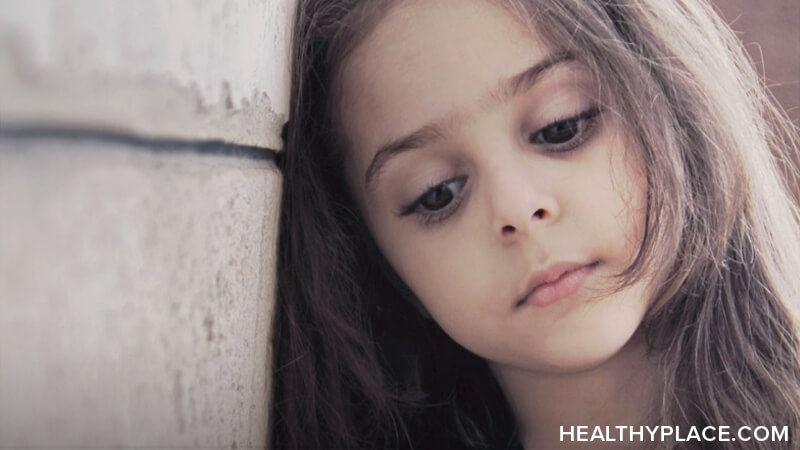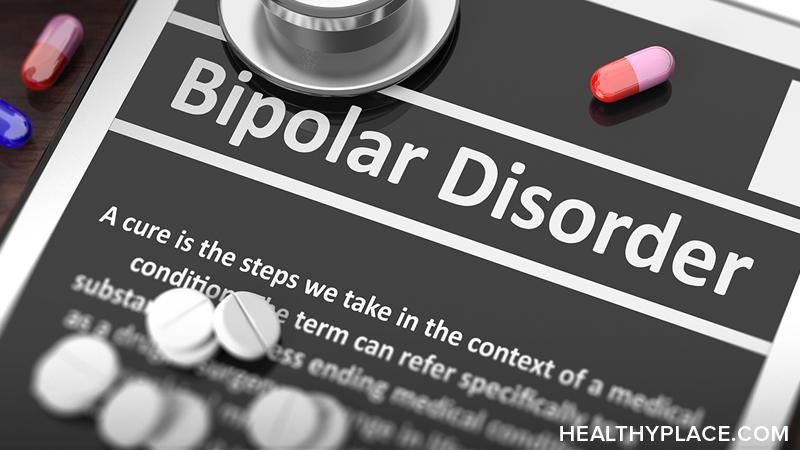Sexual Etiquette

Advice on how to deal with sex and sexual relationships - including consent to sex, sexual orientation and safe sex.
Sexuality encompasses:
- the person you feel you are
- your body
- how you feel as a man or woman
- the way you dress, move, and speak
- the way you act
- how you feel about other people
These are all parts of how you are as a person. Everyone has his or her own way of being or feeling sexual. Choosing to wait until you feel ready to be in a sexual relationship is fine. In fact, you can choose to be sexually abstinent at different times in your life.
10 Rules of Sexual Etiquette
- Communicate clearly. Saying "yes" or "no" may be difficult, but it is important. Remember, saying "no" does not mean that you never will want to have sex with this person and saying "yes" doesn't mean you can't change your mind.
- Monitor your own and your partner's alcohol and drug intake. Remember that it is considered rape to have sexual intercourse with someone who is passed out, too drunk or too high to refuse.
- Communicate openly. If you are uncertain about what you want, stop and talk about it. It is okay to be unsure, perhaps that means you want to wait.
- Respect sexual privacy.
- Be considerate of others.
- In sexual situations, always be thinking ahead.
- Be prepared.
- Share responsibility in a sexual relationship.
- Don't sexually harass other individuals.
- Be sure sexual activity is consensual.
What Is Consent?
- Consent is freely given agreement to sexual activity. You have a right to stop sexual contact at ANY point.
- Silence, previous sexual relations, or agreement given under the influence of alcohol or other drugs is NOT considered consent. If you have not consented to sexual intercourse, it is rape.
What About Sexual Orientation?
- Your sexual orientation-or who you are attracted to-is not a choice you make. You may be bisexual, and attracted to people of both genders. You may be heterosexual, and attracted to people of the other gender.
- You may be homosexual (often called lesbian or gay), and attracted to people of the same gender. It can be difficult and confusing to face issues regarding your own sexuality or that of your roommates, friends, lovers, or family members. These issues may be arising for you for the first time at college.
- If you are struggling with questions about sexual orientation, be sure to talk with a trusted friend and/or counselor. Or check out the University publication, A Community of Equals for information on resources for issues of sexual orientation at Harvard College and the Graduate School of Arts and Sciences.
What is Safer Sex?
- Condoms are the best form of protection for sex acts involving penetration. When used properly, condoms keep partners from exchanging body fluids, often preventing spread of infection and pregnancy.
- Condoms make sex safer, not completely safe. Safer sex really means finding new ways to pleasure your partner.
- Sex doesn't always have to involve penetration. Visit the AIDS Education and Outreach web site for more information.
APA Reference
Staff, H.
(2021, December 28). Sexual Etiquette, HealthyPlace. Retrieved
on 2025, April 29 from https://www.healthyplace.com/relationships/teen-relationships/sexual-etiquette
 If you suspect your child may have bipolar disorder, you’ll want a quiz to determine, “Is my
If you suspect your child may have bipolar disorder, you’ll want a quiz to determine, “Is my 
 Bipolar symptoms in a child can be extremely severe and can be life-altering or life-threatening. It’s critical to treat any presented bipolar symptoms in children in order to positively alter the overall course of the illness. Bipolar disorder in a child left untreated, is a recipe for disaster.
Bipolar symptoms in a child can be extremely severe and can be life-altering or life-threatening. It’s critical to treat any presented bipolar symptoms in children in order to positively alter the overall course of the illness. Bipolar disorder in a child left untreated, is a recipe for disaster.




